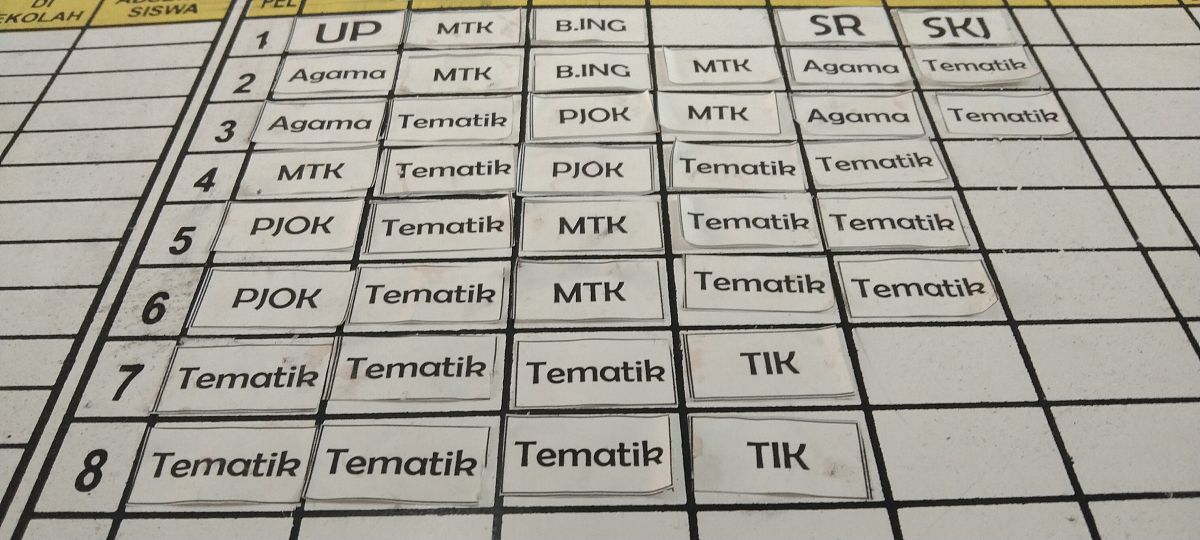英语语法名词分类和单复数变化:超市购物场景对话
场景:在超市购物时遇到了一位老外求助,想询问关于英语语法中名词的分类和单复数变化。\n\n对话:\n\n你:(在超市购物时遇到一位老外)Excuse me, could you please help me with something? \n老外:Sure, what do you need help with? \n你:I have been learning English grammar recently, and I am a bit confused about the classification and pluralization of nouns. Can you explain it to me? \n老外:Of course! I'd be happy to help. Nouns can be classified into several categories, such as common nouns, proper nouns, countable nouns, and uncountable nouns. \n你:I see. Could you give me some examples of each category? \n老外:Certainly. Common nouns are general names for people, places, things, or ideas, such as "dog," "city," or "happiness." Proper nouns, on the other hand, refer to specific names of people, places, or brands, like "John," "London," or "Coca-Cola." \n你:Okay, I understand the difference between common and proper nouns. What about countable and uncountable nouns? \n老外:Countable nouns are things that can be counted, such as "books," "cars," or "chairs." They can have both singular and plural forms. Uncountable nouns, on the contrary, are things that cannot be counted, like "water," "advice," or "furniture." They usually don't have a plural form. \n你:That makes sense. So, how do we form the plural of countable nouns? \n老外:The plural form of countable nouns can be formed by adding "s" or "es" to the singular form. For example, "book" becomes "books," and "box" becomes "boxes." However, there are some irregular nouns that have different plural forms. For instance, "child" becomes "children," and "man" becomes "men." \n你:I see. It seems like there are some exceptions to remember. Thank you so much for your help! \n老外:You're welcome! I'm glad I could assist you. If you have any more questions, feel free to ask. \n你:Sure, I will. Thanks again! \n\n(在互相致谢后,你和老外继续各自的购物)

原文地址: https://www.cveoy.top/t/topic/qjhW 著作权归作者所有。请勿转载和采集!